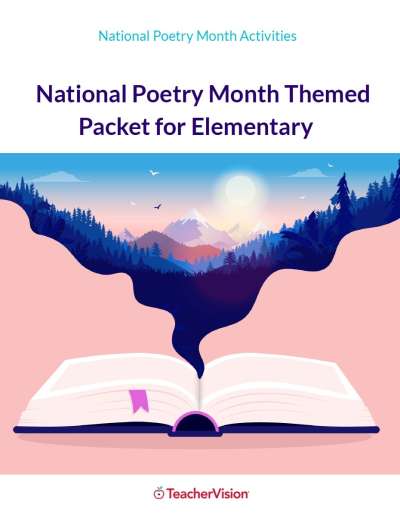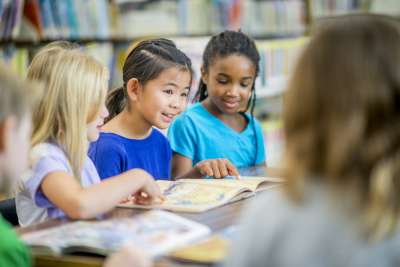Reading Buddies
What is it?
Reading buddies is a program in which two or more individuals read together. For example, older students can read with younger students, and volunteers from the community can read with students of all ages. A Reading Buddies program can help model good reading. As with any skill, reading needs to be practiced on a regular basis, and with this practice as well as modeling, students can improve their skills.
A reading buddies program allows older students the opportunity to develop fluency as well as a sense of pride in their accomplishments. In addition, they often come to see the value of reading. Students can not only promote good practices but gain self-esteem. Repeatedly reading easier books has been shown to improve reading abilities in poor readers, and this program provides students with a reason to read easier books.
Reading to younger students can help them develop a love of reading and a greater motivation to read. Younger students should also read to their older buddies each week, as this allows younger readers to feel a sense of accomplishment while they build fluency. Because the program provides success in literacy, students often become more positive about their ability to read and may also improve their reading skills. Ideally, buddy visits will be ongoing, and older and younger students will become familiar with one another and nurture a mutual interest in reading.
Why Is It Important?
Everybody Wins! is a program in which professionals from the public and private sectors of the Washington, D.C. and other metropolitan areas are paired with public elementary-school students for weekly lunch-time reading sessions.
According to a 1998-1999 study of Everybody Wins! sponsored by the Planning and Evaluation Service of the Department of Education, when adult mentors read once a week with students who read below grade level, students' academic performance and classroom behavior improved.
By the end of the 1998-1999 school year:
25% of students in the Power Lunch program who were reading below grade level improved their academic performance, more than doubling the 12% in the control group who did so.
16% of poor readers in the program improved or very much improved their classroom behavior. This result is more than 5 times the 3% of control-group students who did so.
55% of poor readers in the program always or often enjoyed reading, a percentage well above the 31% of control-group students who felt that way.
After one school year, the study found that the program's principal targets-students reading at the lowest levels-were its largest beneficiaries. Both teacher reports and student self-reports found significant gains in reading attitudes, self-esteem, library use, and academic performance. Results also indicated that students who had more frequent meetings with their mentors benefited the most from the program and that infrequent or inconsistent meetings may have had a negative effect on student attitudes toward reading.











